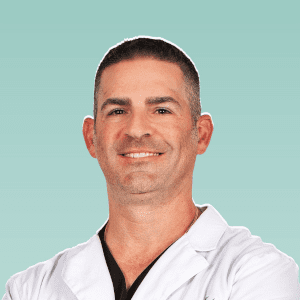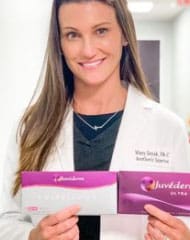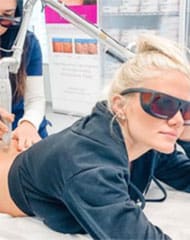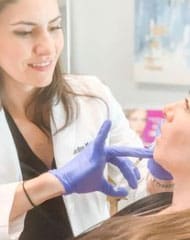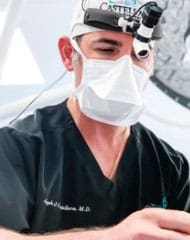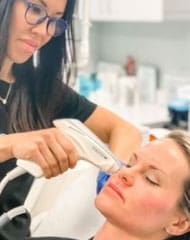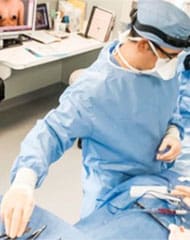 (Updated for 2019)
(Updated for 2019)
Cosmetic surgery is a medical specialty which is dedicated to the enhancement of one’s appearance. This can be done through surgical and medical techniques alike. These procedures may enhance the face, neck or body. This specialty is very much multidisciplinary, which means that cosmetic surgery is performed by a wide range of specialists.
Who Performs Cosmetic Surgery?
These specialists consist of dermatologists, general surgeons, plastic surgeons, otolaryngologists (ENT), facial plastic surgeons, ophthalmologists, oral and maxillofacial surgeons, gynecologists, and physicians from other fields.
The point here is that cosmetic surgery is not a specialty of any one field. This is a specialty which is primarily learned post-residency through continuing education, training and experience.
What Type of Training Is Required?
Most residencies do not provide adequate training in cosmetic surgery to render a physician prepared to perform the vast array of cosmetic surgery procedures. A general surgery resident trains in:
- Abdominal surgery
- Surgical oncology
- Vascular surgery
- Pediatric surgery
- Trauma surgery
- Laparoscopic surgery
- Head and neck surgery
- Transplant surgery
- Plastic surgery
A plastic surgery residency consists of:
- Burn surgery
- Facial trauma surgery
- Breast reconstruction
- Lower and upper extremity reconstruction
- Hand surgery
- Cosmetic surgery
A plastic surgery residency is only required by the ACGME, which is the organization that is responsible for overseeing residency training programs, to complete 40 cosmetic cases. This is hardly enough cases for a surgeon to feel comfortable performing complex cosmetic surgery procedures. Because of this, most surgeons that would like to practice cosmetic surgery go on to complete further training.
Post-Residency Training
Whatever the path, the most important thing is that your surgeon has received the appropriate training.
There are different routes that one can go through to complete the appropriate training. Some surgeons go on to aesthetic fellowships, cosmetic surgery fellowships, or train under other surgeons.
The American Academy of Cosmetic Surgery offers cosmetic surgery fellowships that require 300 cosmetic cases for completion. Surgeons that have completed these fellowships are well trained in facial and body cosmetic surgery. The array of cosmetic surgery cases include but are not limited to:
- Breast augmentation
- Breast lift
- Breast reduction
- Liposuction
- Facelift
- Blepharoplasty (eyelid surgery)
- Browlift
Cosmetic Surgery vs. Plastic Surgery
So the initial question was what is cosmetic surgery, and how is it different from plastic surgery? Cosmetic surgery is its own specialty. It is a subspecialty that is learned post-residency. Most surgeons will complete further training to become a well qualified cosmetic surgeon.
If a surgeon completes a plastic surgery residency, that does not make him a cosmetic surgeon. Just the same, if a surgeon completes a general surgery residency, that does not make him a vascular surgeon. Your surgeon should complete specialized training to perform these specialized cases.
Castellano Cosmetic Surgery Center, P.A. is a cosmetic surgery practice in Tampa, Florida specializing in body and facial cosmetic surgery. Joseph J. Castellano M.D. is a board-certified cosmetic surgeon and has completed specialized training in cosmetic surgery. He specializes in breast augmentation, liposuction, tummy tuck, and facelift in Tampa, Fl.


